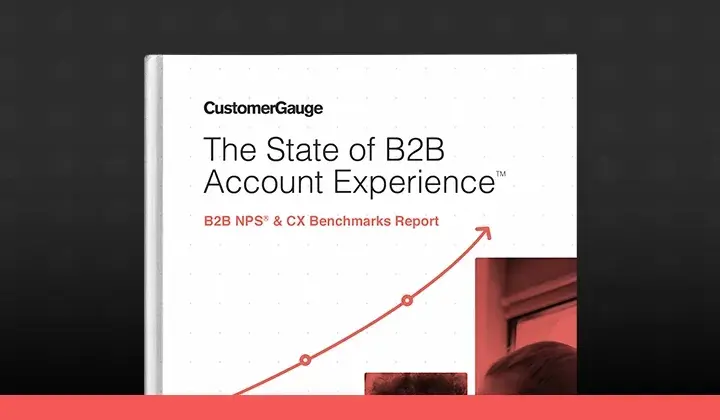Investigating the so-called "Lunar Effect"
When a client recently approached CustomerGauge claiming that his organisation's NPS tended to experience small but consistent movements around the time of a full moon, our first instinct was to politely listen to his thoughts and gently decline to investigate. After all, long time readers of the CustomerGauge blog would know that careful analysis has found no evidence for a "Dutch Effect" or that the days of the week affect NPS.
However, the client persisted, and we promised to run an analysis across a cross section of CustomerGauge users to see if there was anything basis to these (in our opinion, moonstruck) claims.
Testing the hypothesis
First we took a look at Client Organisation A, which put forward the proposition. We found that in its home market, its NPS had indeed experienced sharp, small swings of + or - 2 points in the 24 hours window around a full moon over the past four months. But to really understand whether or not a correlation existed, a stringent, statistically sound analysis was required.
Because CustomerGauge sends surveys across 140 countries and most timezones on the planet, keeping track of daylight (or moonlight) hours presented a complex task. To overcome this we turned to a technological solution.
As you may remember from your school science class, the moon's gravitational forces are strong enough to accelerate water towards it. If lunar cycles did indeed correlate with changes in average score, then we could analyse this by correlating changes in score against tidal movements. However, we had to take into account tidal movements in different locations, and to do that, we turned to a handy tool - an API that can be used to retrieve observations and predictions of tidal movements.
Results: Waxing and Waning of the NPS
After crunching the data across 10 b2b and b2c clients the evidence pointed to a startling conclusion: A small but consistent increase in scores at either extreme of the 0-10 Net Promoter Scale across areas of the globe that are experiencing high tide. Specifically, over the 12 hour window on either side of peak tide, we found:
- An average 3% increase in scores of "0"
- An average 2% increase in scores of "10"
- A 5% increase in comments
- A 20% increase in the use of negative and positive "power words" including "excellent" "incredible" and "shockingly egregious"
These findings were consistent across age, nationality, and gender.

Using the Dark Side of the Moon: Potential Benefits of the Lunar Effect
Forward-thinking businesses can use the so-called "Lunar Effect" to their advantage in two key ways.
1. Because it brings out extreme emotions, at the very least, businesses are advised to put extra precautions in place around the time of the peak tide to ensure consistency in customer service. That should keep in check any unwelcome surprises causing a sudden spike in scores of 0.
2. On the other hand, if organisations can put in an extra effort to really wow customers in the 24 hour window around a peak tide, they stand to benefit from a solid kick in the number of Promoters - especially those who give a score of 10.
Howling at the Moon
There is an enormous amount of anecdotal evidence of the lunar effect on human behaviour, and a recent study found a link between dream activity and the lunar cycle. Because the human body is 80% water, people have long supposed that the gravitational pull of the moon has an effect on human behaviour too.
A final note: Today is April 1, so organisations now have two weeks to prepare for the next high tide. Good luck!

